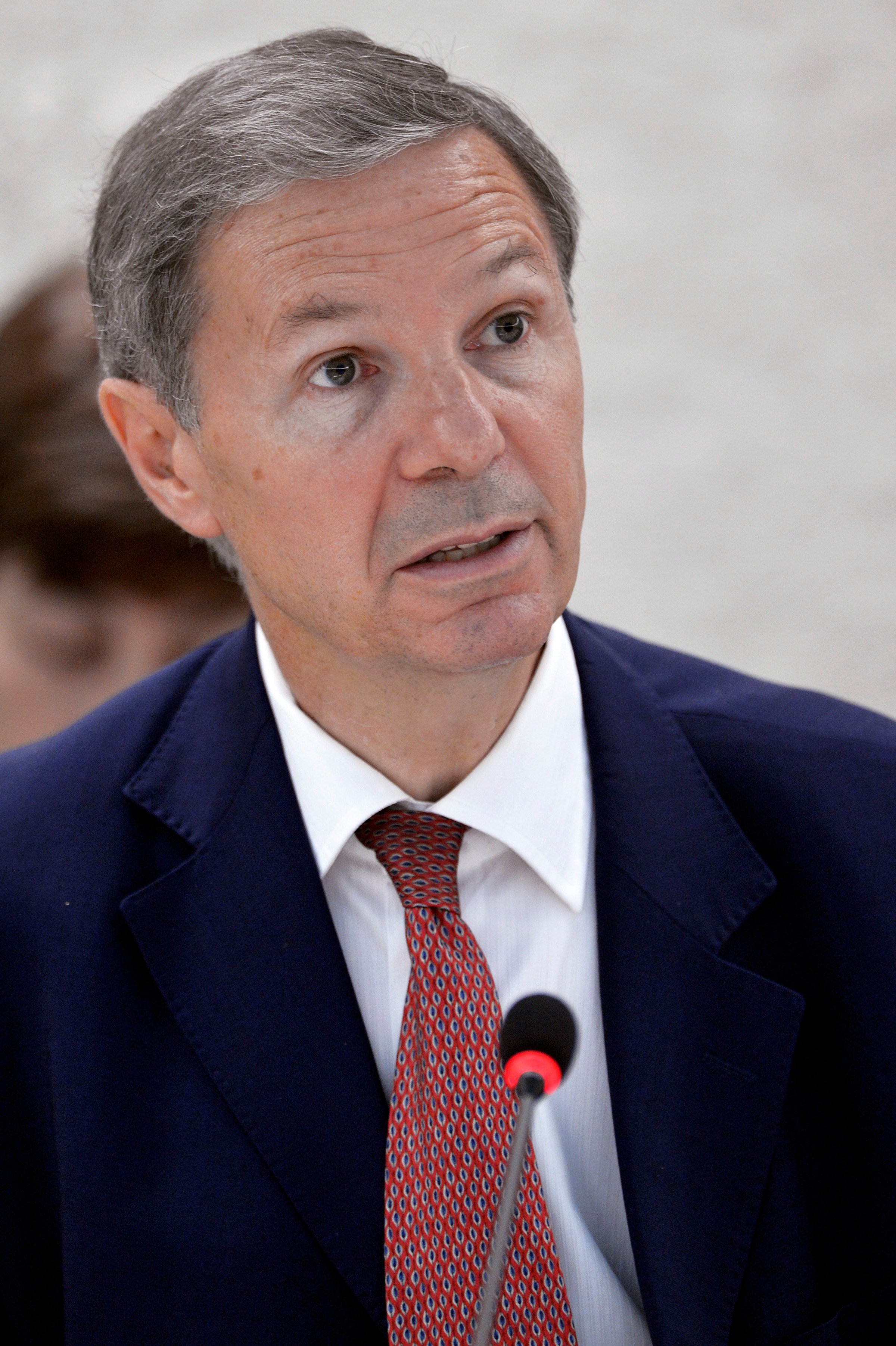
Chaos is spreading in the Middle East and North Africa. A Saudi-led coalition is bombing Yemen and creating a major humanitarian disaster; the United States is supporting Shi’a militias in Iraq at the risk of boosting support for Islamic State; and the European Union is authorizing a naval force to sink fishing boats because they might be used to transport migrants. These are the latest signs of the absence of any policy framework to address the strategic implications of the crisis in the region.
That crisis is not going to have a quick ending. Rather we have to brace for a transformation of the region that may take a generation. After an era in which trusteeships and then military dictatorships gave the illusion of stability, the region is facing a new wave of aftershocks from the end of the Ottoman Empire. Borders and the foundations of legitimacy are always linked. In the Middle East, there is no longer agreement on either. Hereditary legitimacy, sectarian alignment, tribal or ethnic loyalty, majority rule, and territorial control are all open questions, being fought over with much bloodshed from Libya to Yemen, from Syria to Iraq in cascading conflicts that are increasingly interconnected.
Panic isn’t the answer. The tactical responses to Islamic State or to migrants trying to reach the shores of Europe must be grounded in a longer-term strategic perspective. The West should learn the right lessons from the mistakes made in the last 15 years.
Based on the experience of his predecessor, President Barack Obama has a healthy distrust of force as the solution to political problems, and his caution, shared by Europeans, in putting boots on the ground, is welcome. But the notion that a combination of drone strikes and aerial bombing can be the alternative is mistaken. Such limited military engagement—supporting a counter terrorism agenda rather than a clear political vision—is enough to feed the anti-American propaganda of movements eager to present Western countries as the supporters of an unjust order, and not enough to reverse the situation on the ground in any decisive manner.
Force can and sometimes should be used, but the political message that underpins its use cannot be muddled. And it is when humanitarian concerns and rhetorical support for the rights of millions of victims have to accommodate tactical relationships with countries such as Egypt, Iran, and Saudi Arabia. These countries’ pursuit of their own national agendas too often contributes to a deepening crisis.
The United States and its European allies should be clearer on the goals they pursue, even if such clarity may complicate alliances of circumstances. In Yemen, the tepid reaction to the humanitarian consequences of Saudi bombing serves the most radical groups. In Iraq, condoning the role of Shi’a militias in the fight against Islamic State is militarily ineffective and politically counterproductive, as it feeds the radical Sunni narrative of an Iraqi state confiscated by sectarian interests. In Libya, the weak support given to the UN mediation suggests that the West, while not supporting the military solution that Egypt and the United Arab Emirates hope for, will not actively oppose it. And the forceful naval blockade envisaged by the European Union to counter Libyan smugglers is a default solution that assumes that political efforts to consolidate institutions capable of controlling the coast from the mainland are bound to fail.
Carl von Clausewitz famously described the fog of war. We must learn to do better at navigating the fog of peace. During my eight years as head of UN peacekeeping, I learned the hard way a few basic principles that we too often forget. They could help us slowly move the Middle East away from the abyss into which it is descending:
More Must-Reads from TIME
- Donald Trump Is TIME's 2024 Person of the Year
- Why We Chose Trump as Person of the Year
- Is Intermittent Fasting Good or Bad for You?
- The 100 Must-Read Books of 2024
- The 20 Best Christmas TV Episodes
- Column: If Optimism Feels Ridiculous Now, Try Hope
- The Future of Climate Action Is Trade Policy
- Merle Bombardieri Is Helping People Make the Baby Decision
Contact us at letters@time.com